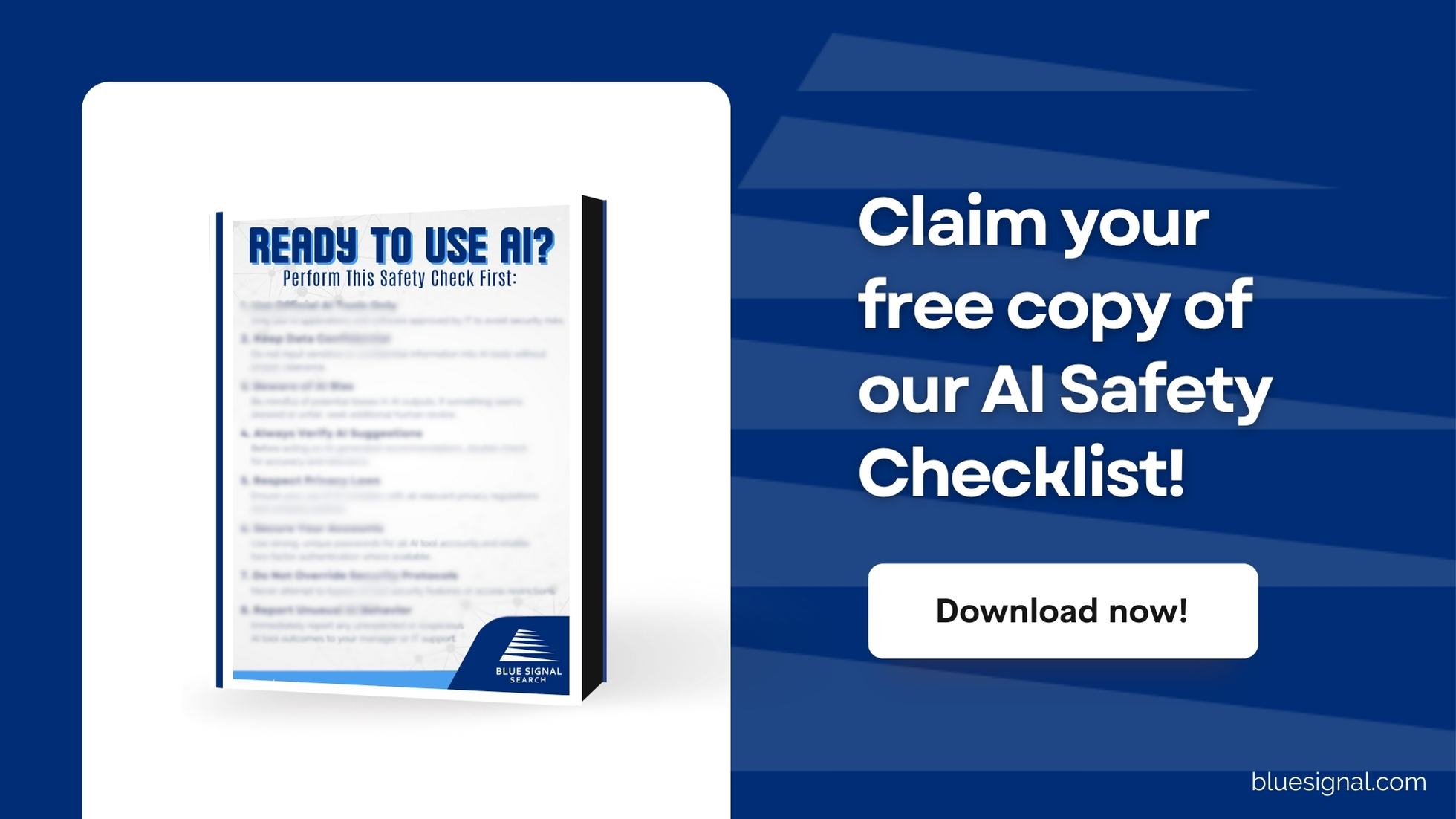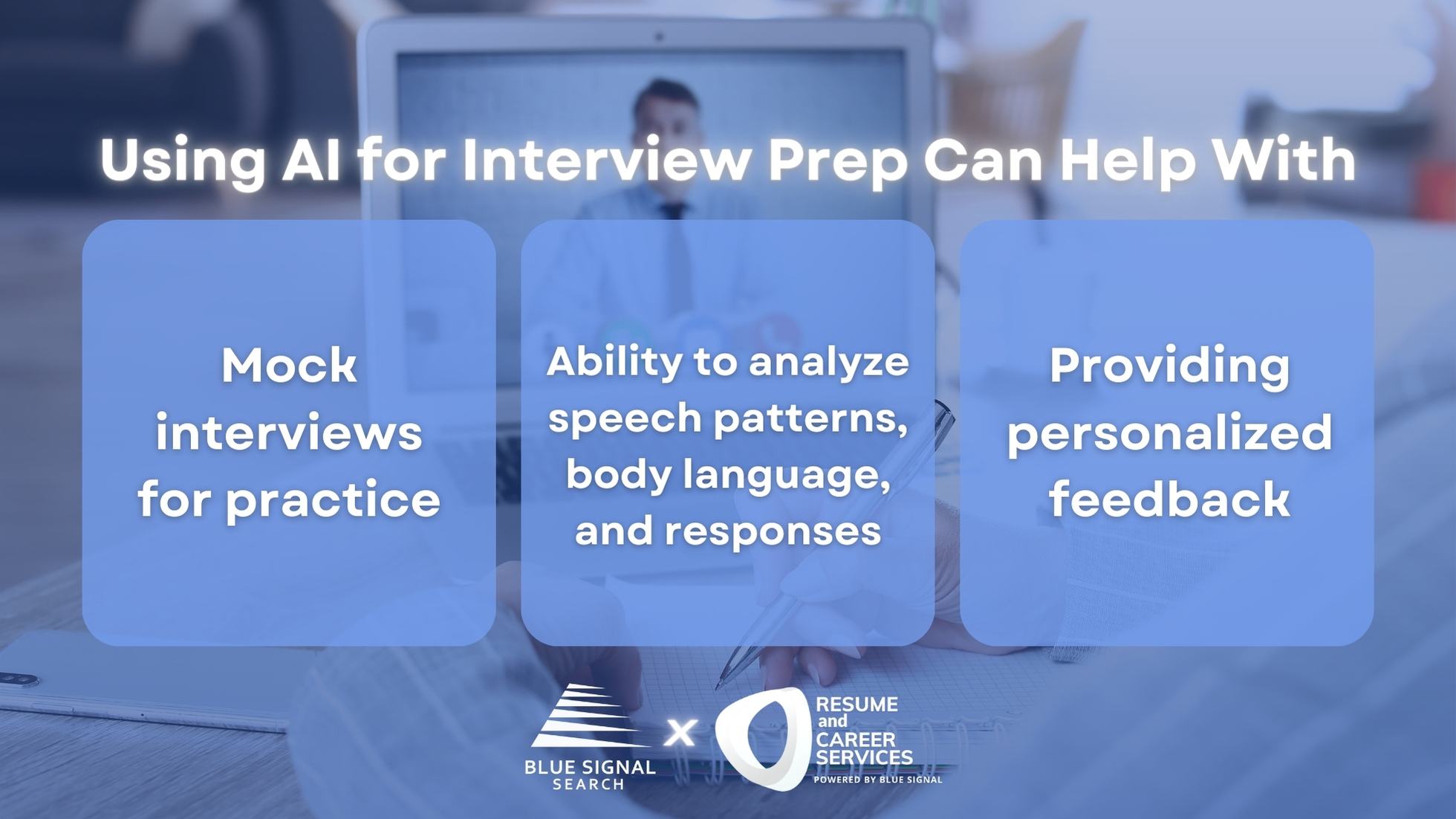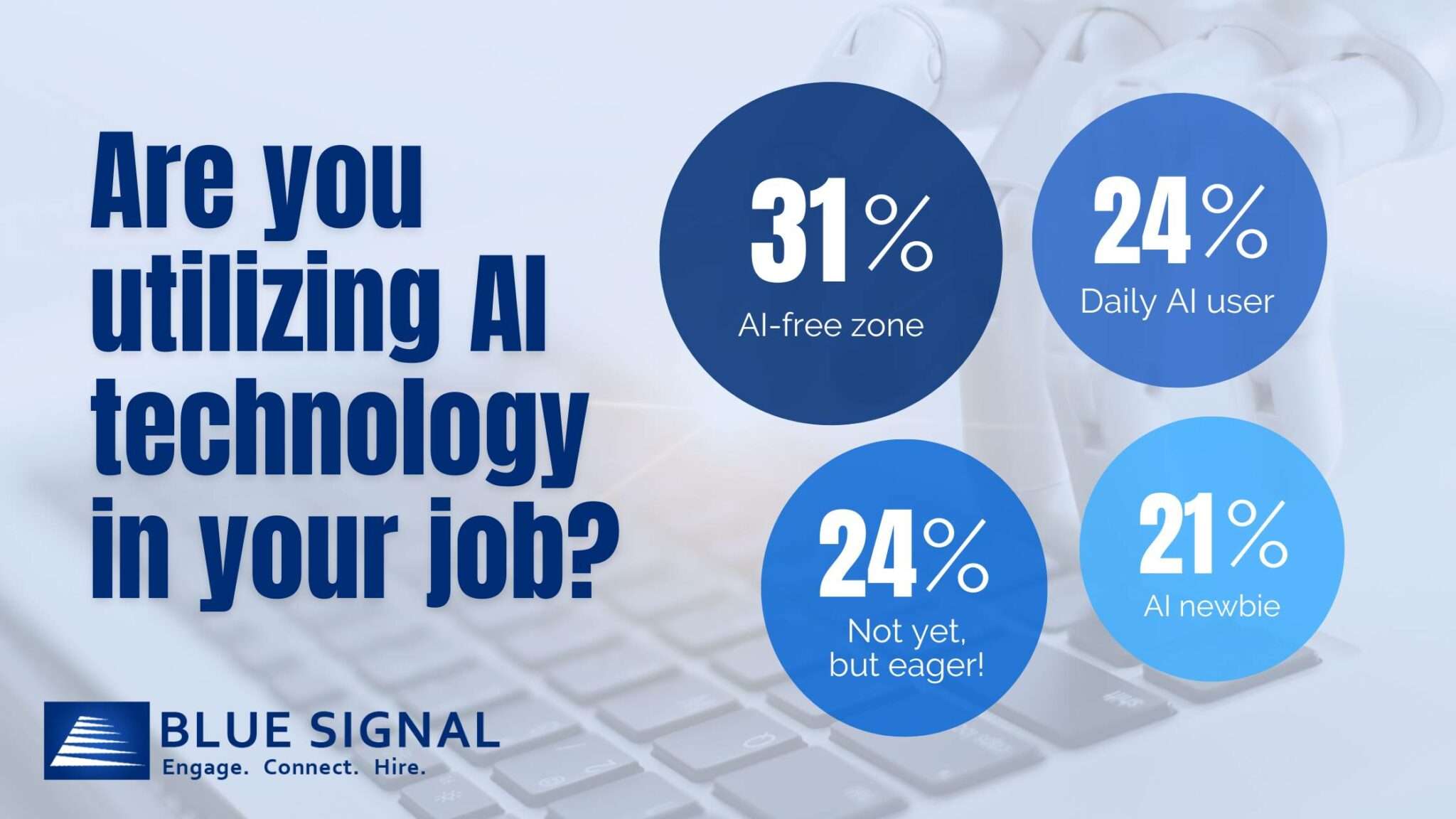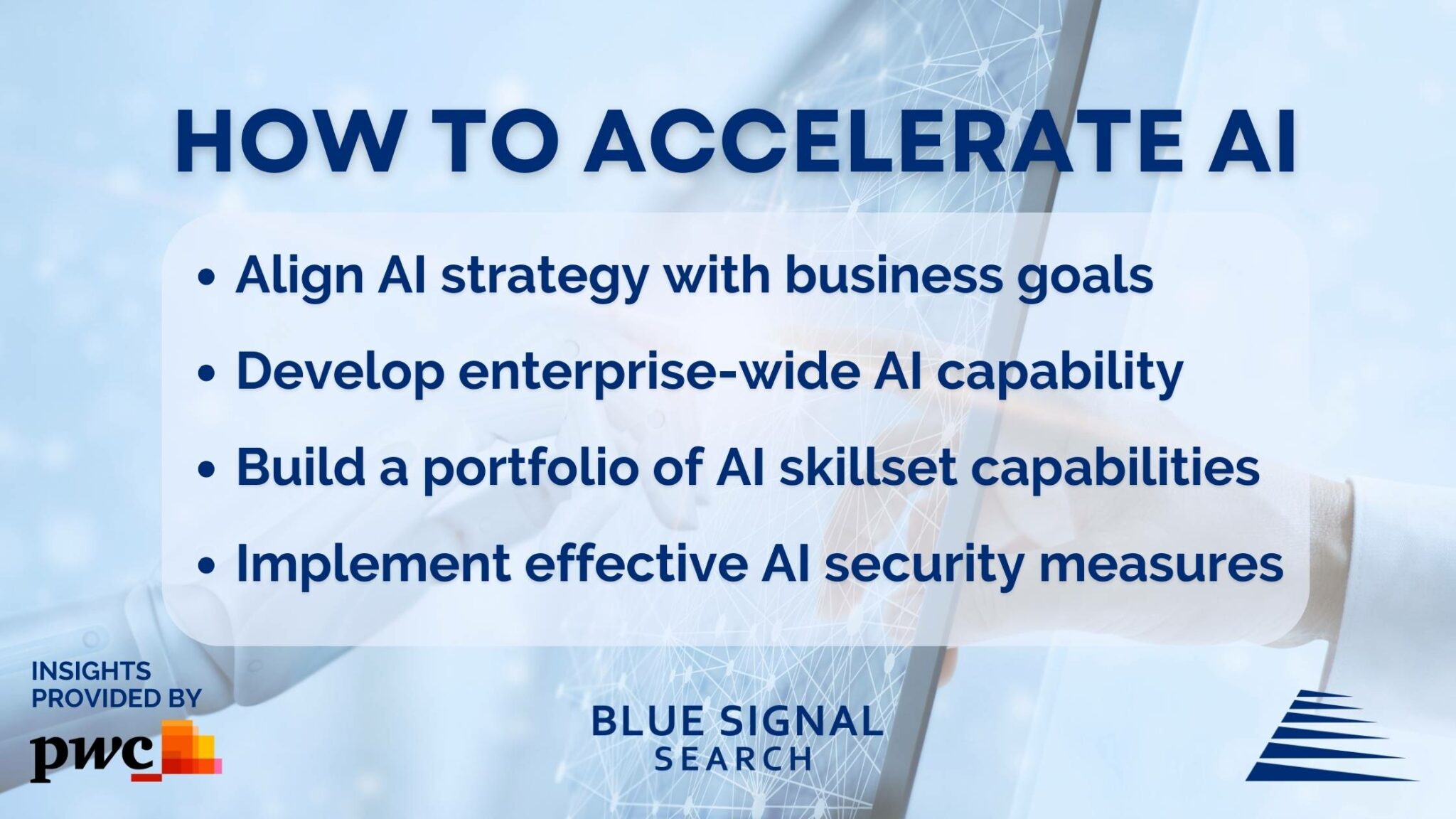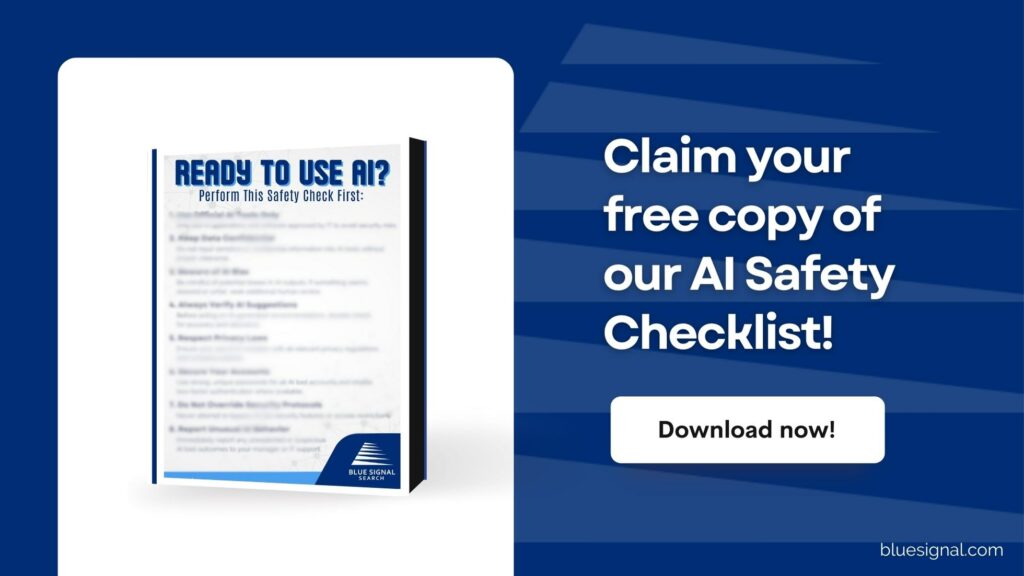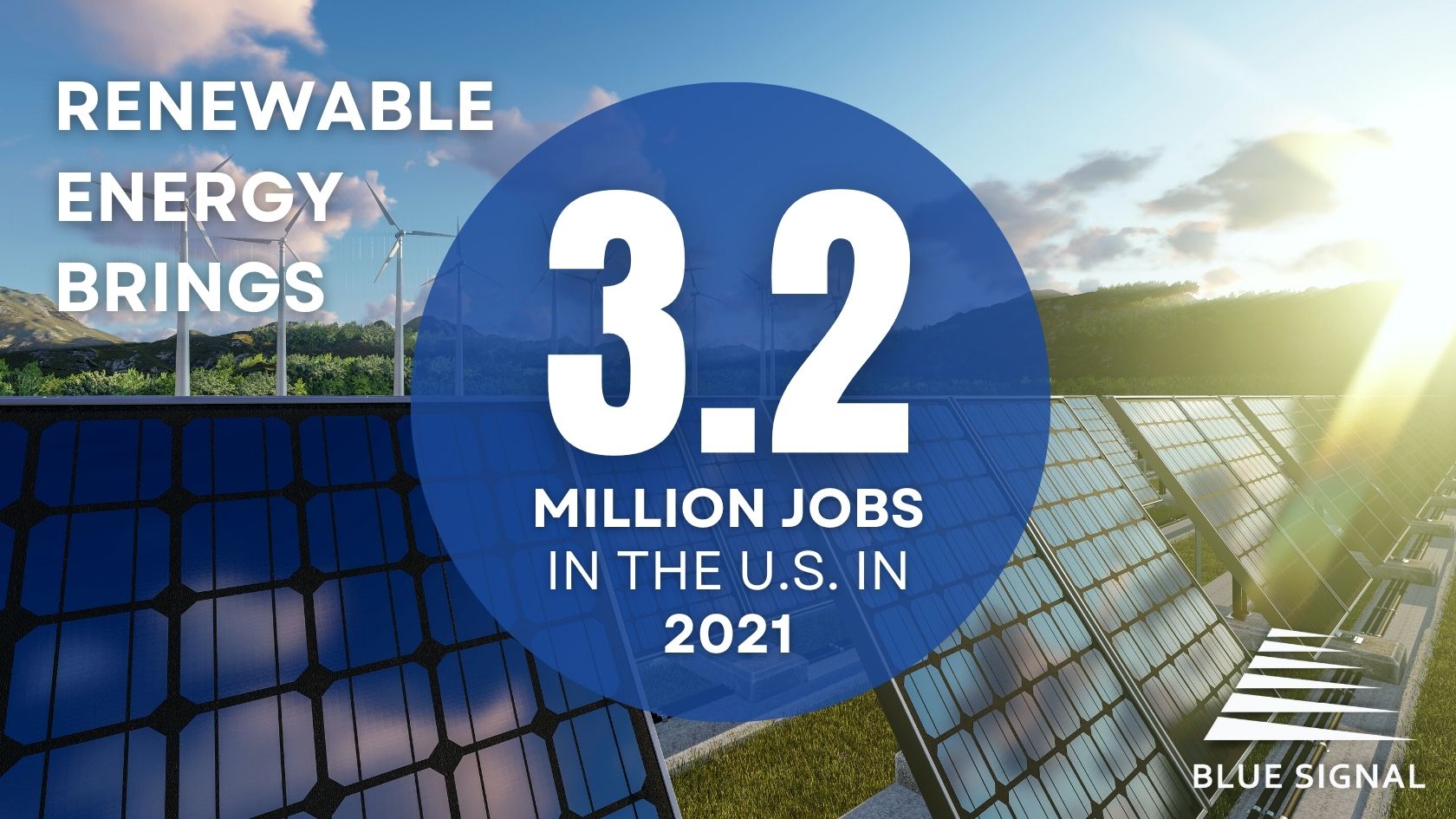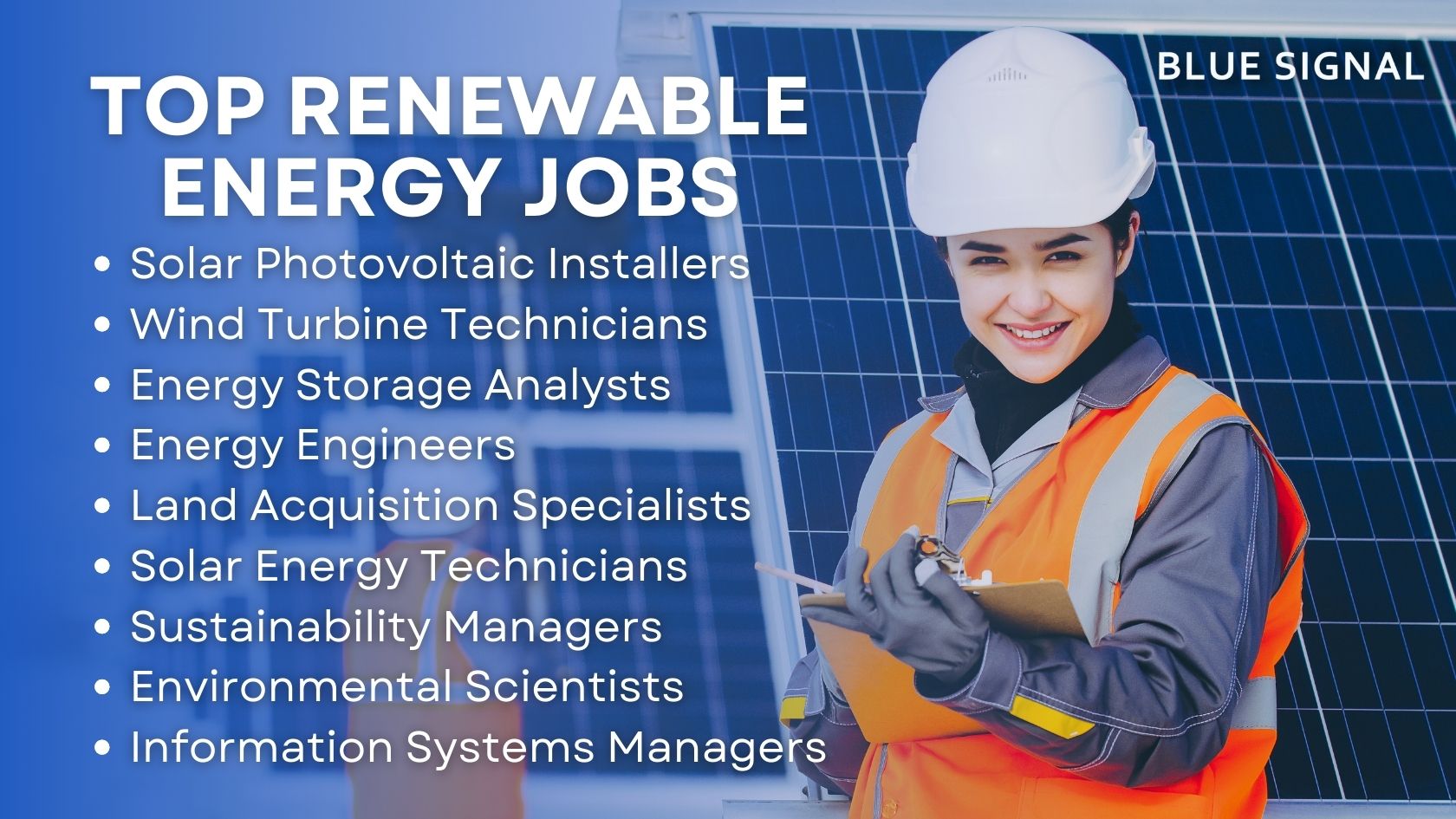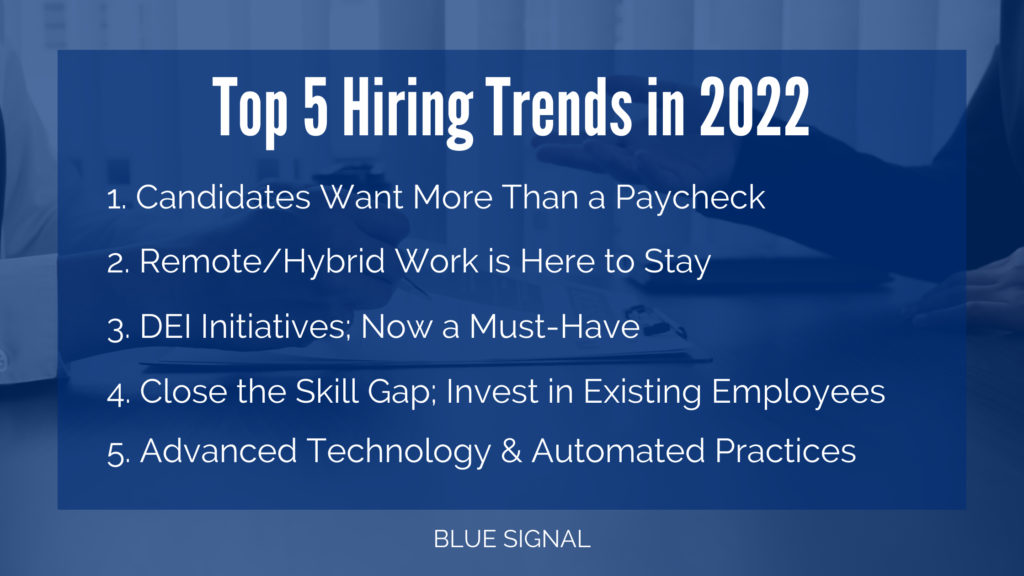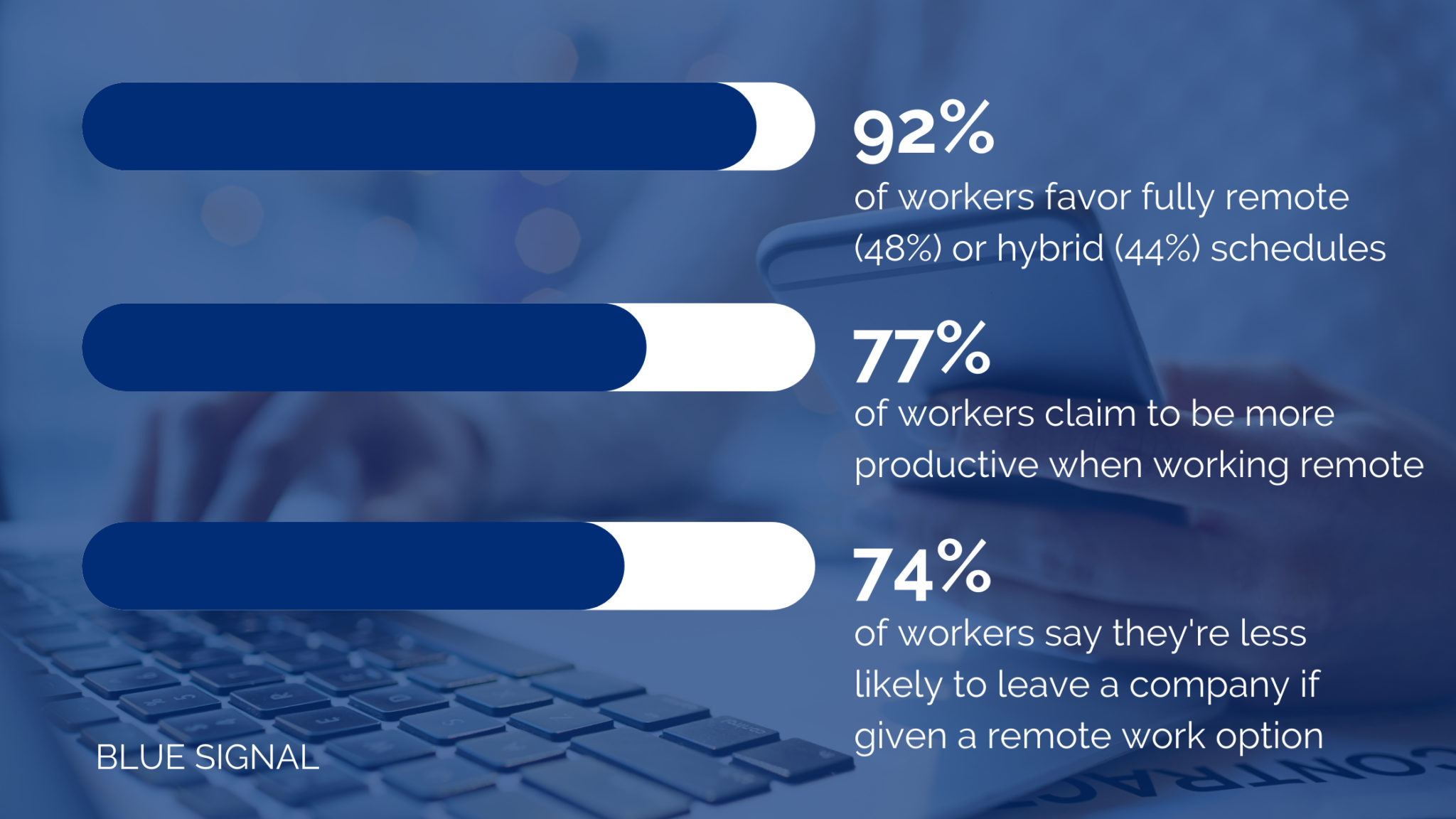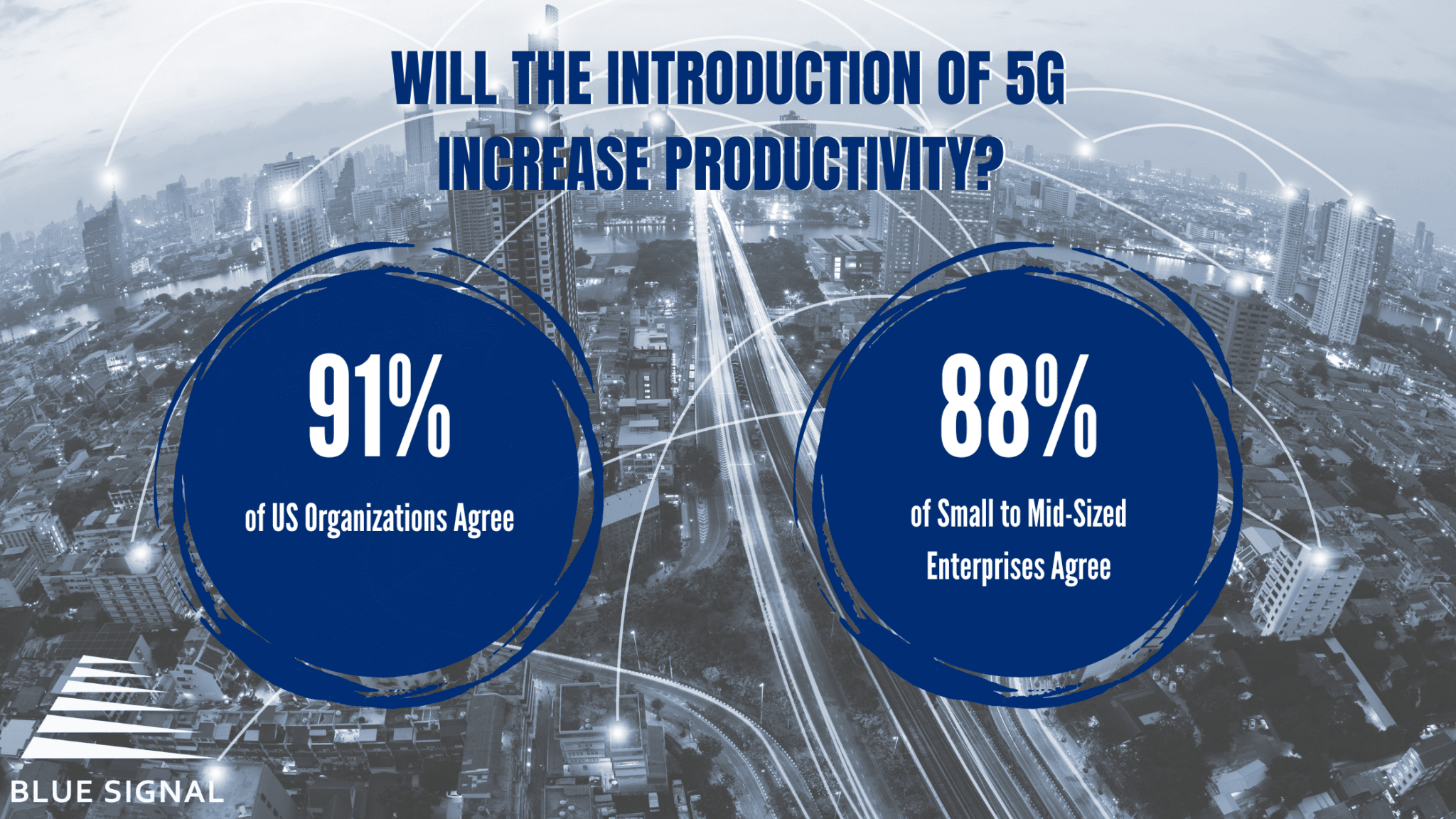AI in the workplace is transforming not just how we work, but how we think about work itself. Integrating "AI employee training" isn't just a perk; it's a necessity for navigating the digital future safely and efficiently. In this blog, we're not just skimming the surface. We're going to deep dive into the essentials of implementing AI into your workflow without skipping a beat on safety.
Consider AI the next frontier in workplace evolution. As it becomes an integral part of our daily grind, understanding its nuances becomes critical. This piece will serve as your roadmap, guiding you through the what, why, and how of AI employee training. We're here to ensure your team is not just ready but proactive in embracing AI, equipped with the knowledge to use it responsibly and safely.
Understanding AI & Its Workplace Applications
AI is reshaping industries by automating complex tasks, enhancing decision-making, and revolutionizing customer interactions. As Forbes highlights, AI tools like ChatGPT, DALL-E, Apollo.io, and Drift are redefining efficiency and creativity across various departments. ChatGPT, with its versatile applications from customer service to content creation, and DALL-E's revolutionary image generation capabilities, illustrate the breadth of AI's potential. Similarly, Apollo.io's data intelligence and Drift's conversational AI are transforming sales and customer support, proving that AI's value lies in enhancing human capabilities, not replacing them.
These platforms represent the forefront of AI in 2024, each offering unique benefits to streamline operations, foster innovation, and improve customer engagement. As businesses look to integrate AI into their workflows, AI employee training becomes essential. Understanding and leveraging these tools through comprehensive AI employee training will be key to unlocking new levels of productivity and creativity. The journey towards AI integration must be navigated with a keen eye on ethics and security to ensure these technologies augment human work ethically and effectively.
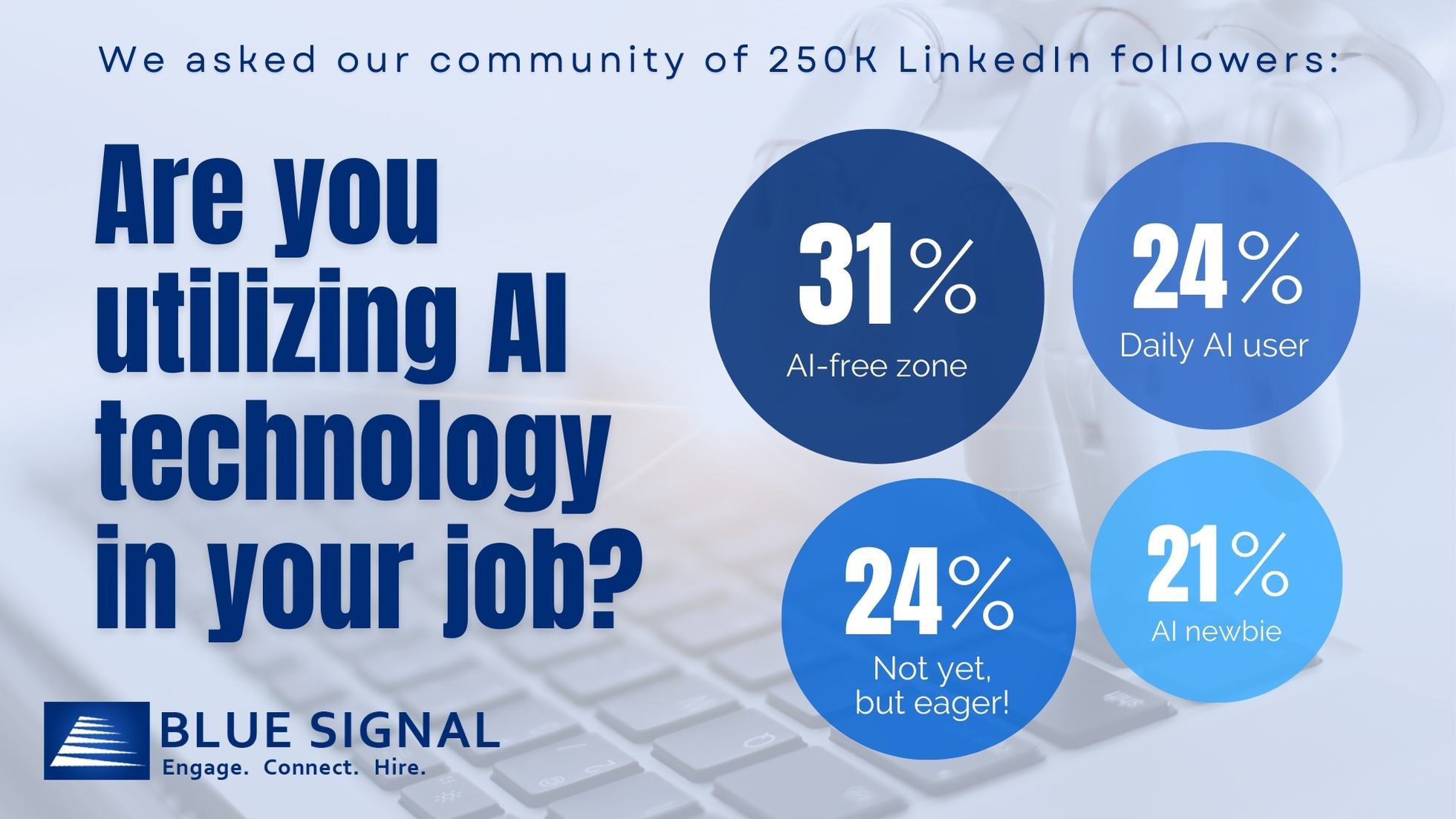
The Importance of AI Employee Training
Training employees on AI tools does more than just improve efficiency; it safeguards against misuse that could compromise data privacy and security. AI employee training aligns with best practices for data protection and ethical use, ensuring your team is well-equipped to navigate AI's complexities.
Furthermore, AI employee training serves as a bridge between emerging technologies and practical, safe workplace application. Training empowers employees, giving them confidence and competence to utilize AI tools effectively. A well-informed workforce can be the best defense against the pitfalls of AI misuse, ensuring that the adoption of these technologies adds value and security to the organization.
According to a recent article by Cyber Safe Solutions, 'Training your employees in cybersecurity awareness is crucial in 2024.' The piece underlines the evolving landscape of digital threats and the pivotal role of proactive employee training in mitigating these risks. It argues that as AI becomes increasingly integrated into workplace processes, equipping employees with the knowledge to recognize and respond to potential cybersecurity challenges is more important than ever." But how can companies develop an effective AI employee safety training program?
Developing an AI Safety Training Program
A well-structured AI safety training program is pivotal for the modern workforce. It must extend beyond the mere technicalities of AI usage, delving into ethical considerations, privacy laws, and the broader impact of AI on society. Real-life scenarios and simulations play a critical role in this educational journey, offering hands-on experience with the practical challenges AI presents. Equipping teams with a deep understanding of AI tools and fostering their ability to leverage these technologies through targeted AI employee training programs are crucial steps. But how can you ensure your AI safety training remains adaptable and effective amid rapidly changing technology?
To address this, adapting AI safety training programs to the specific demands of various organizations becomes vital. The rapid evolution of AI technologies and their applications means companies will need to require ongoing training and assessment, ensuring employees' skills remain current. Drawing inspiration from thought leaders in the field, insights provided in this article by Skillsoft highly suggests developing ethically sound compliance training programs rooted in AI, emphasizing the importance of AI education. Such programs must not only teach the safe and effective use of AI tools but also foster a culture of ethical awareness and compliance with evolving legal standards. By offering a blueprint for creating adaptable and forward-thinking AI safety training, we highlight the critical need for flexibility and continual enhancement within company training methodologies.
Best Practices for Safe AI Usage in the Workplace
The integration of Artificial Intelligence (AI) into workplace processes presents both unparalleled opportunities and significant ethical considerations. As we navigate this new technology, it's imperative to adhere to best practices that ensure AI tools are used safely. This includes secure data handling, ethical decision-making, and compliance with legal and regulatory standards. By embedding these practices into our operations, we foster a safe and responsible AI-enabled environment.
Building on the foundation of secure and ethical AI usage, integrating AI employee training is crucial to creating a culture of accountability and transparency. An open dialogue about AI's applications, potential biases, and ethical implications encourages a proactive approach to addressing concerns and ethical dilemmas. Drawing inspiration from leading HR resources and guidelines on ethical AI, such as Workable's comprehensive tutorial, we can identify actionable steps to implement ethical AI practices effectively. Regular ethics training, ongoing audits of AI systems to ensure fairness and transparency, and establishing clear protocols for AI-related concerns are critical components of a robust AI ethics program.
By prioritizing these best practices and fostering an environment where ethical considerations are at the forefront of AI deployment, organizations can leverage AI technologies to enhance workplace processes while maintaining the highest standards of integrity and ethical responsibility. The goal is to utilize AI not just as a tool for efficiency, but as a catalyst for fostering an ethical, inclusive, and secure workplace culture.
Overcoming Challenges in AI Adoption & Training
Despite the benefits, integrating AI employee training into the workplace can face obstacles, from resistance to change, to resource constraints. Addressing these challenges head-on, with strategies for engaging employees in continuous learning and development, is important for successful AI adoption. It's not just about the technical know-how; ethical considerations, privacy laws, and responsible AI usage are equally important. A dynamic, effective training program can address these facets, tailoring content to the organization's specific needs and encouraging ongoing learning to keep pace with AI advancements.
Challenges in AI Employee Training:
- Aligning training with rapid technological advancements.
- Ensuring training covers ethical use and privacy laws.
- Overcoming resistance to new technologies.
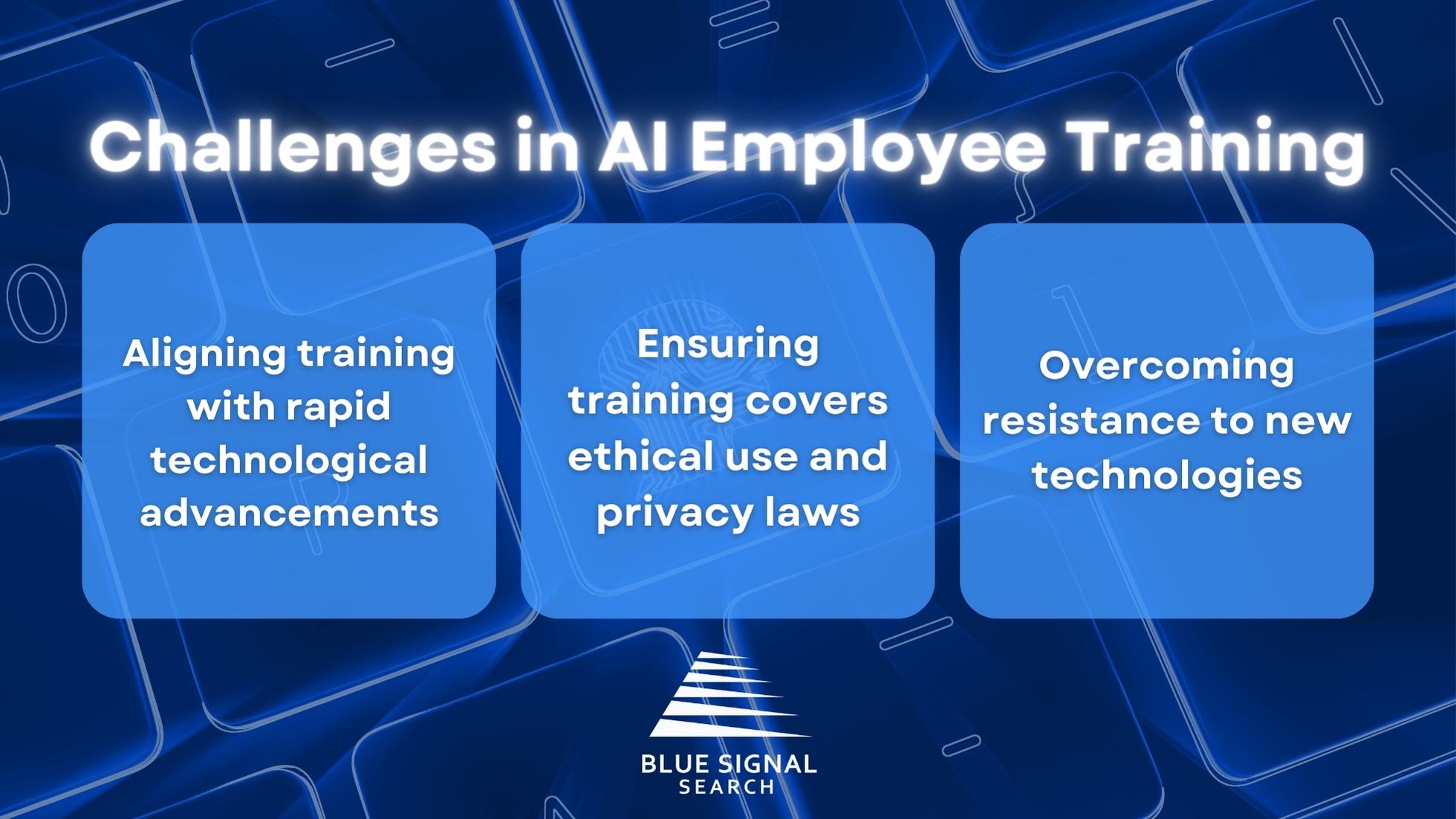
Tips for Overcoming These Challenges:
- Foster a culture of continuous learning: Encourage bite-sized learning sessions and provide opportunities for employees to learn the latest AI tools.
- Leverage real-life scenarios: Utilize simulations and real-world examples to enhance hands-on learning, preparing employees for practical AI applications.
- Blend in-person and virtual training: Mix traditional and digital learning environments to ensure widespread education and adoption of AI technologies.
- Promote experimentation and learning from failure: Create a supportive atmosphere where employees can explore AI capabilities and learn from any setbacks.
As highlighted in a recent article by IT Pro Today, organizations face the challenge of integrating generative AI skills into their workforce. Experts emphasize the importance of staying ahead of the generative AI curve while safeguarding company intellectual property. Crafting policies that balance productivity enhancement with data protection is key to a successful AI training program. For more insights and detailed strategies on developing an AI safety training program, refer to the full article here.
Conclusion
As AI technologies continue to advance, updating our AI employee training approaches is vital. This ensures that our teams are well-equipped to handle AI's evolving challenges and opportunities. The commitment to continuous education and adaptation highlights the significance of investing in thorough training programs. Such investment not only secures our operations and data but also empowers our employees to excel in an AI-integrated work environment.
As we anticipate further advancements in AI, emphasizing safe usage and ethical practices becomes paramount. Implementing AI employee training ensures a future where technology and human ingenuity collectively flourish. Now is the opportune moment to reevaluate your AI training strategies and consider new resources, including our downloadable AI Safety Checklist – a practical desktop reminder for employers to distribute among their teams. This handy guide serves as an essential reference, empowering your employees with the knowledge they need to navigate AI tools safely and responsibly. Let's continue to prioritize these efforts, ensuring our workplaces remain both innovative and secure.
Partner with us for your next hire.
Set up a free consultation with a recruiting manager. Tell us about your hiring need.
By submitting this form, you consent to receive communications from Blue Signal, including phone calls, emails, and text messages.
